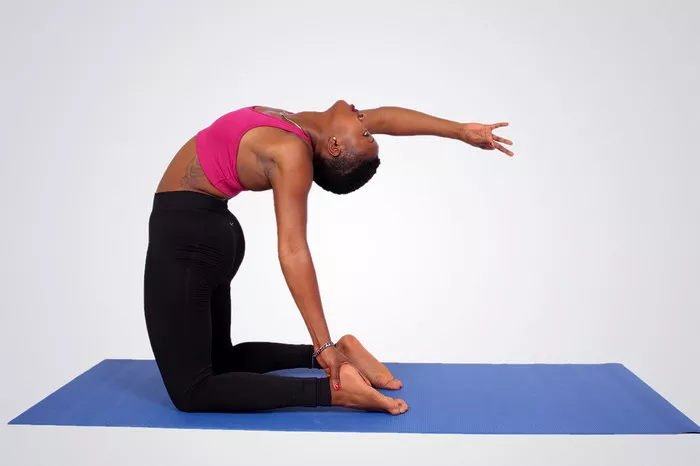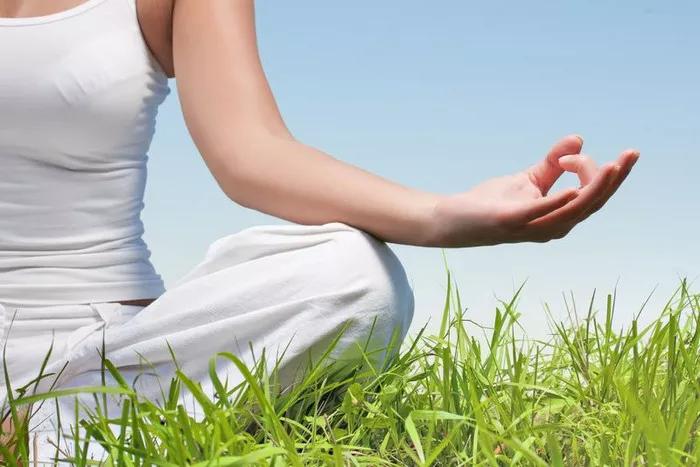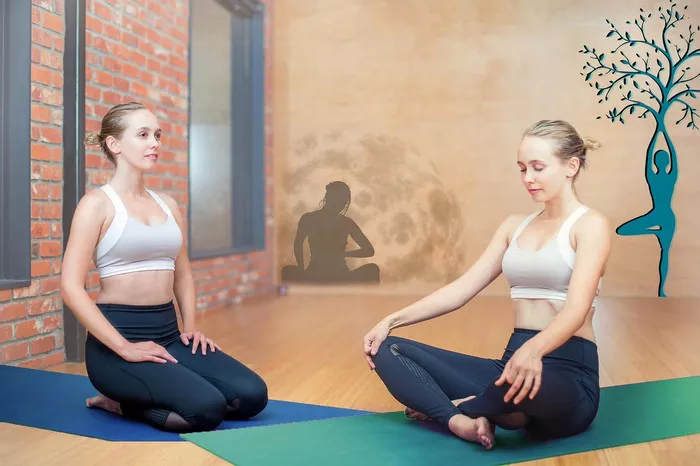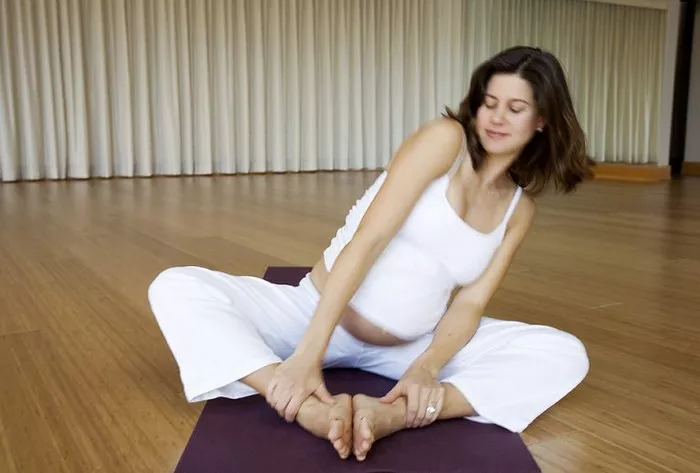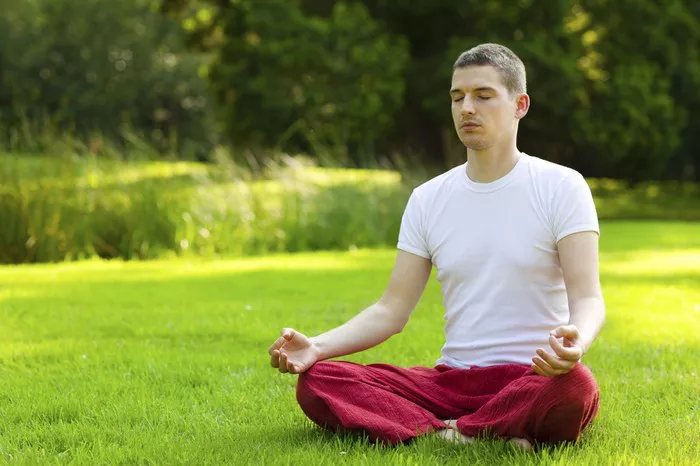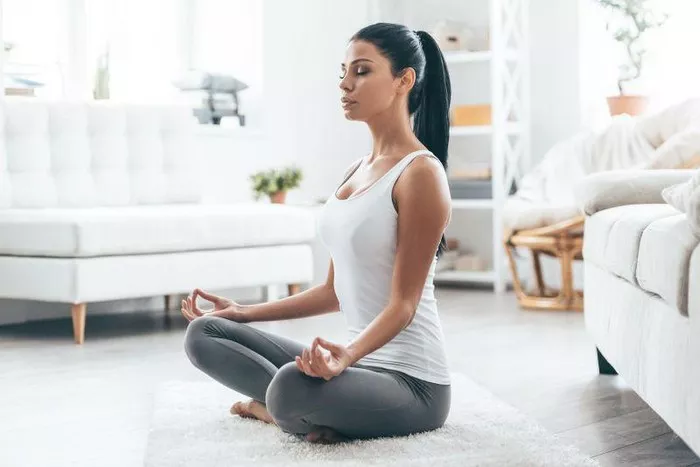Yoga has become an integral part of wellness for many, providing physical benefits, mental clarity, and emotional stability. However, a common question arises: is yoga better in the morning or the evening? This article explores the benefits of practicing yoga at different times of the day, helping you determine which is best for your unique lifestyle and needs. We will delve into the physiological, psychological, and spiritual implications of morning and evening practices, providing insights into how each can enhance your overall well-being.
1. Understanding the Body’s Natural Rhythms
1.1 Circadian Rhythms and Their Impact on Yoga
Circadian rhythms are the body’s internal clock, influencing sleep-wake cycles, hormone release, and various bodily functions. Understanding how these rhythms interact with yoga practice can help you optimize your sessions.
1.2 Morning Energy Levels
In the morning, the body is often still in a state of rest. Hormone levels, including cortisol and melatonin, begin to shift, impacting energy levels and flexibility.
1.3 Evening Energy Dynamics
By evening, the body has gone through a full day of activity, often leading to fatigue but also to greater muscle warmth and flexibility. The transition from day to night can influence how one approaches a yoga session.
2. Benefits of Morning Yoga
2.1 Boosting Energy and Productivity
Morning yoga can invigorate your body and mind, setting a positive tone for the day.
2.2 Enhancing Focus and Clarity
Practicing yoga in the morning enhances mental clarity and focus, making it easier to tackle daily tasks.
2.3 Establishing a Consistent Routine
Morning yoga can help establish a consistent practice, reducing distractions and ensuring that you prioritize your well-being.
2.4 Improved Flexibility and Strength
Regular morning sessions can increase flexibility and strength over time, benefiting your overall health and performance.
2.5 Spiritual Connection
Many find that practicing in the morning allows for a deeper spiritual connection, aligning their intentions for the day ahead.
3. Benefits of Evening Yoga
3.1 Relieving Daily Stress
Evening yoga serves as a powerful tool for stress relief, helping to unwind and release tension accumulated throughout the day.
3.2 Promoting Better Sleep
Gentle yoga practices in the evening can enhance sleep quality by calming the nervous system and preparing the body for rest.
3.3 Flexibility and Muscle Relaxation
Evening sessions may provide an opportunity for deeper stretches, as muscles are often warmer and more pliable after a day of movement.
3.4 Reflection and Mindfulness
Practicing yoga in the evening allows for reflection on the day’s experiences, fostering mindfulness and gratitude.
See also: Relieving Lower Back Pain: The Best Yoga for a Healthy Spine
4. Comparing Morning and Evening Yoga
4.1 Physical Considerations
Morning: Often involves warming up the body and gradually increasing intensity.
Evening: Muscles are typically warmed up from daily activities, allowing for deeper stretches.
4.2 Mental and Emotional Effects
Morning: Can enhance mood and energy, preparing the mind for the day.
Evening: Promotes relaxation and introspection, aiding in stress reduction.
4.3 Flexibility and Performance
Discuss how flexibility can be improved by both morning and evening practices, with morning sessions focusing on awakening the body and evening sessions on deeper stretches.
5. Finding Your Ideal Practice Time
5.1 Assessing Personal Schedules
Consider your daily commitments and energy levels to determine the best time for yoga.
5.2 Listening to Your Body
Pay attention to how your body feels at different times of day. Experiment with both morning and evening sessions to discover what feels best.
5.3 Creating a Balanced Routine
Incorporate both morning and evening practices into your week for a balanced approach to wellness.
6. Sample Yoga Routines
6.1 Morning Yoga Routine
Gentle Sun Salutations: 5-10 rounds to awaken the body.
Warrior Poses: Build strength and focus.
Seated Forward Bend: Stretch the hamstrings and lower back.
Breathwork: 5 minutes of pranayama to set intentions for the day.
6.2 Evening Yoga Routine
Gentle Twists: Release tension in the spine.
Pigeon Pose: Stretch the hips and lower back.
Child’s Pose: Encourage relaxation and reflection.
Savasana: End with deep relaxation for better sleep.
7. Expert Opinions on Morning vs. Evening Yoga
7.1 Insights from Yoga Instructors
Gather perspectives from experienced yoga instructors on the benefits of both practice times.
7.2 Scientific Research
Discuss studies that explore the physiological effects of yoga at different times of day.
8. Conclusion
Ultimately, the decision between morning and evening yoga is a personal one, influenced by individual preferences, schedules, and bodily responses. Both practice times offer unique benefits that can enhance your yoga journey and overall well-being. By understanding your body’s rhythms and experimenting
Related topics:
Unlocking Digestive Health: Best Yoga Practices for Digestion

